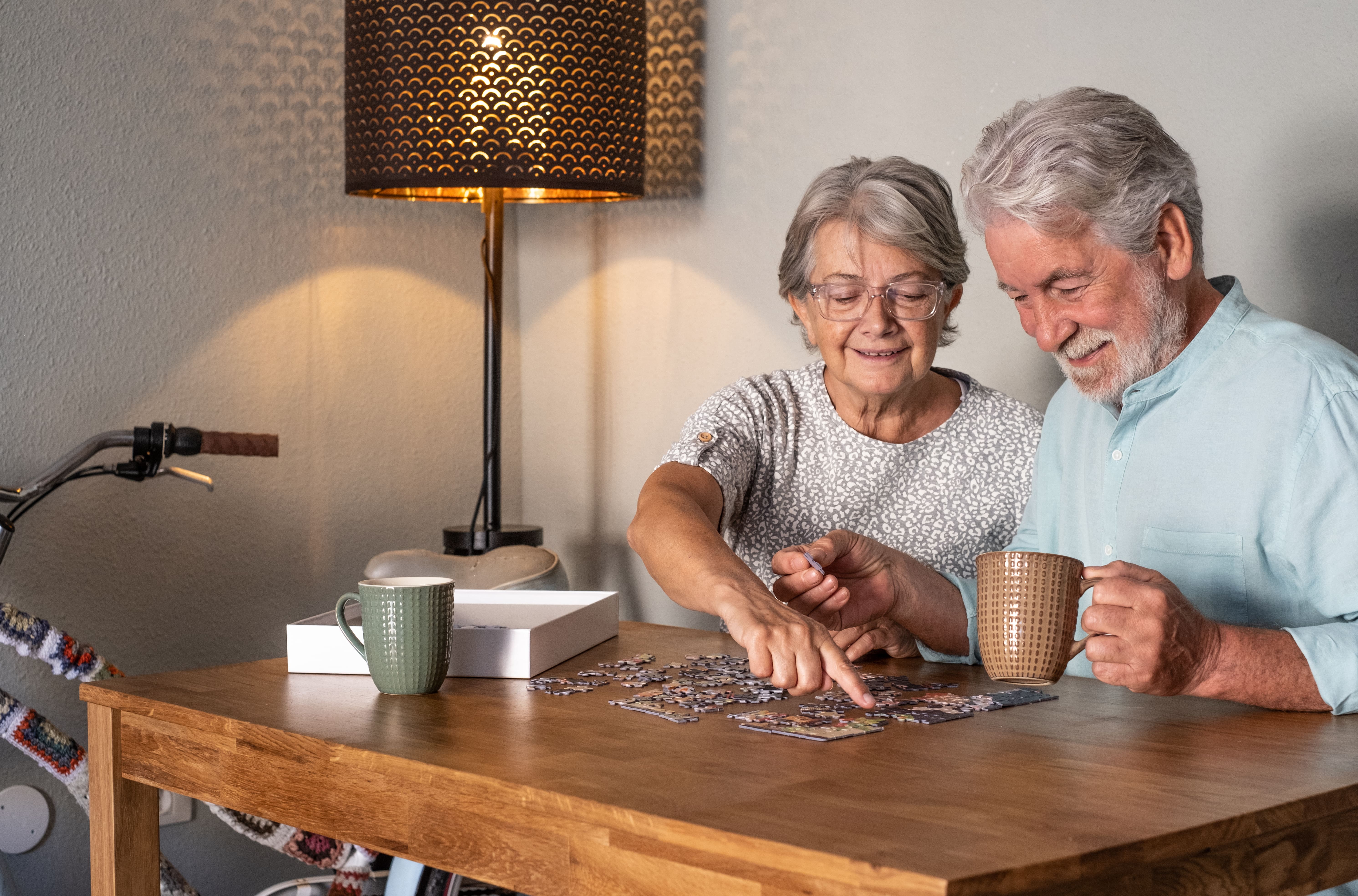Resources
Mobile Resource Library Tabs
Filters
Search
Categories Navigation
Asset Publisher
Content with Topic Family Caregiving .
Resources

Things to Look for When Visiting an Older Loved One to Assess Wellbeing
As your loved one ages, you’re likely to find yourself worrying more about their wellbeing. Maybe you’re concerned about issues of them living safely in their current home, or taking care of themselves without in-home support. Or maybe you’re anxious about the possibility of memory loss, and early signs of dementia developing without anyone around to notice. These concerns are especially common for long-distance caregivers—who make up roughly 15 percent of all family caregivers.
Read MoreBy Julie Hayes | 09/15/2023

Pain Management for Older Adults with Dementia
Just like most other older adults, people with Alzheimer’s and related types of dementia suffer from headaches, stomachaches, toothaches, muscle cramps and other painful conditions that are an uncomfortable part of the aging process. However, an older person with memory loss who suffers from chronic pain may not be able to tell their caregiver how they feel or ask for help to relieve their discomfort. Instead, they may communicate their distress through other means, such as becoming agitated or crying, which their caregiver may not understand how to interpret or address.
Read MoreBy Julie Hayes | 08/15/2023

Medications and Driving: Safety Tips for Older Adults and their Families
With laws around THC use changing around the country, the subject of “drugged driving” has been appearing more and more in the national discourse. Most people are aware of the risks involved in driving under the influence of marijuana, but aren’t aware that prescription drugs can also fall under the umbrella of drugged driving—and that many older adults are unintentionally driving impaired, and contributing to the high statistics of drugged driving accidents.
Read MoreBy Julie Hayes | 08/15/2023

Engaging Activities for People with Dementia: Boosting Wellbeing and Connection
Dementia remains a highly stigmatized disease, often leading to misunderstandings about the capabilities and needs of older adults affected by it. Caregivers may unintentionally overlook the importance of meaningful hobbies, activities, and pastimes for individuals with dementia due to their perceived disconnection from the world around them. However, it is crucial to recognize that, despite the changes brought by dementia, older adults still require engagement regardless of the stage of the disease.
Read MoreBy Julie Hayes | 07/14/2023

Enhancing Spiritual Care for Loved Ones: Tips for Caregivers
When caring for a loved one, maintaining their physical health is typically the top priority, so it can often be easy to forget that spiritual health can also contribute to their satisfaction and wellbeing. As we age, we are often faced with spiritual concerns regarding our mortality and the value of the life we have led. Some of our loved ones may be kept away from religious services due to illness or issues with mobility, keeping them from participating in important rituals to their faith.
Read MoreBy Julie Hayes | 07/14/2023
